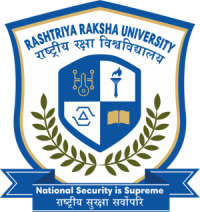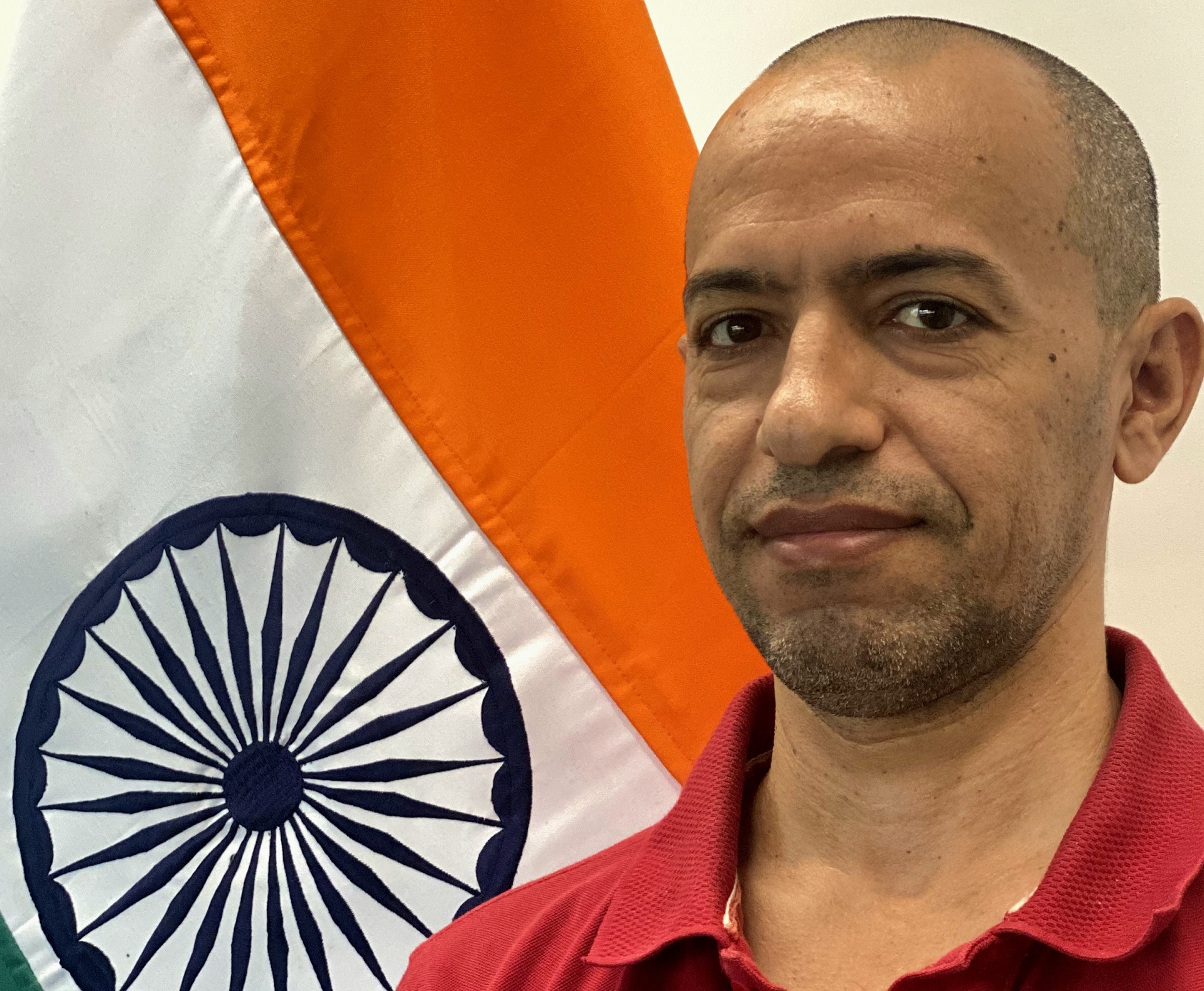Introduction to Arabic: Fundamentals of Language and Culture - Batch-1
.jpg)
Description
One of the oldest languages spoken today, Arabic has roots dating back to the 5th century BCE. It is spoken by over 300 million people globally, making it the 5th most spoken language. It's also an official language in 22 countries and one of the six official languages of the United Nations.
For centuries, Arabic has played a significant role in India, shaping its religious landscape, cultural identity, and even offering economic opportunities. Islam, a prominent religion in India, considers Arabic sacred as it is the language of the Quran, the sacred book of Islam. Millions of Indian Muslims find deep religious connection by studying Arabic to understand the Quran in its original form. Furthermore, trade routes and cultural exchanges between India and the Arab world for over a millennium left an indelible mark. Arabic loanwords are woven into many Indian languages, and the study of Arabic sheds light on this rich shared history. Current India's strong economic ties with Arab nations make Arabic a valuable skill. Fluency can open doors to jobs in business translation, diplomacy, and the Middle Eastern energy sector.
Workshop Topics:
• Features of Arabic language and script
• Arabic culture and dialects: geographical and linguistic diversities
• Spoken Arabic: Greetings and self – introduction
• Asking about opinions/ suggestions/ views
- Thanks and compliments
• Useful Arabic expressions for everyday life
• Daily routine and activities
• Basics of Arabic sentence
What you'll learn
Introduction to Arabic and Overview
Spoken Arabic: Greetings and Self-Introduction
Expressing Thanks and Compliments
Useful Arabic Expressions for Everyday Life
Features of Arabic Language and Script
Asking About Opinions, Suggestions, and Views
Arabic Culture and Dialects
Basics of Arabic Sentence Structure
Requirements
Course Content
Semester with subjects
 No Semester Founds.
No Semester Founds.
Experts
Safwan Yahya Al-Showaiter is a Subject Matter Specialist (Arabic) at the School of International Cooperation, Security, and Strategic Languages (SICSSL) since August 2023. Currently, Dr. Safwan has a Ph.D. in English Literature from EFL University, Hyderabad (2017-2023). He has completed his M.A. (English Literature) from EFL-University, Hyderabad (2012). He has a total experience of five years in teaching language as a foreign and second language at both school and university levels. Mr. Safwan is a Yemeni national research scholar. He has worked as a translator (from Arabic to English and vice versa), freelancer (Arabic/English), and English Language Teacher. At the same time, he is passionate about creative writing (Arabic), and content writing (Arabic/English). His areas of interest are Creative Writing, Translation, and Literary Research. Moreover, he has published a number of academic papers in various Indian Journals and conference proceedings. He is a member of the Yemeni Writer’s Federation since 2010 and a member of the Yemeni Story Club (Al- Maqah). He writes and posts essays and articles frequently on Arab Culture.


Recent Reviews